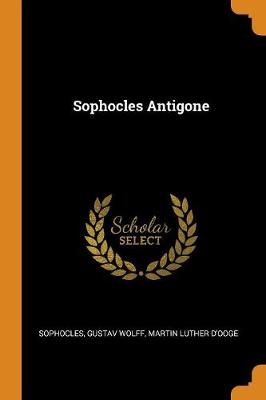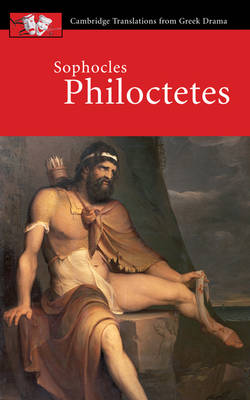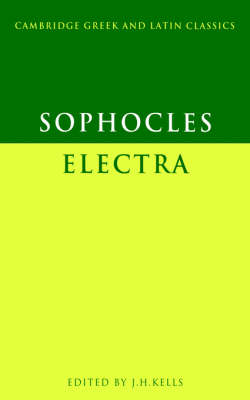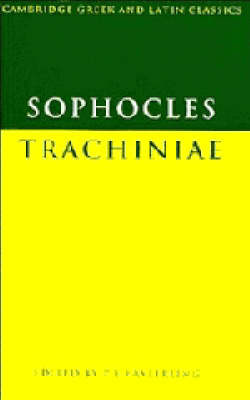Cambridge Greek and Latin Classics
5 total works
A muscular version of Sophocles' timeless masterpiece, offering a profound reflection on the nature of power, democracy and human rights.
The war has ended, but with peace comes conflict. Antigone's brother Polyneices lies on the battlefield where he fell, his burial outlawed by Creon, the new king of Thebes. Should Antigone obey Creon, or must she follow her conscience and lay her beloved brother to rest?




